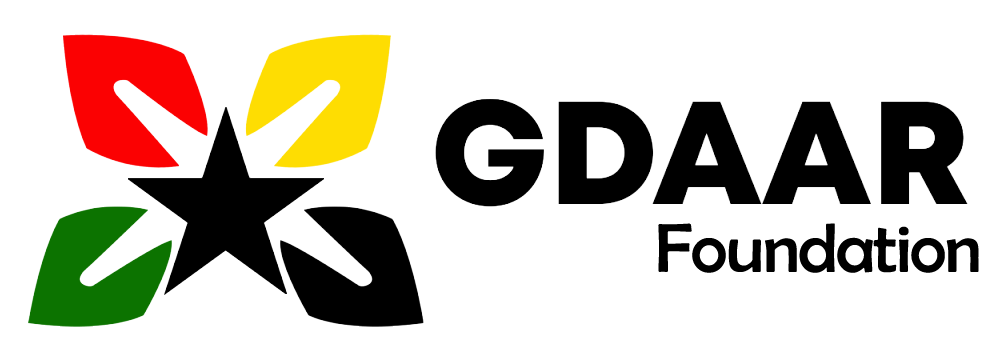Explore the challenges and opportunities in Ghana’s education system for diasporan families. Learn how GDAAR Foundation supports parents in navigating school choices and advocating for quality education for all.
The decision for diasporans in Ghana to relocate isn’t just about them; it’s about the future they envision for their children. For African Americans and others of African descent seeking a return to their roots, Ghana’s education system becomes a crucial factor. Understanding its challenges and opportunities is essential for families making this significant transition.
The State of Education: A Mixed Landscape
Ghana has made strides in expanding access to education, but challenges persist:
- Quality Disparities: While enrollment rates have increased, the quality of education can vary significantly between urban and rural areas, and between public and private schools. This disparity creates unequal opportunities for diasporan children in Ghana.
- Resource Constraints: Many schools face shortages of qualified teachers, textbooks, and adequate infrastructure. This impacts the learning environment and limits the potential of students.
- Curriculum Relevance: The curriculum may not always align with the needs and aspirations of diasporan families, particularly regarding cultural relevance and the inclusion of diverse perspectives.
- Cost of Education: Private schools, often favored by diasporans in Ghana for their perceived higher quality, can be expensive, creating a financial barrier for some families.
Opportunities for Growth and Transformation
Despite these challenges, there are exciting opportunities within Ghana’s education system:
- Cultural Immersion: Diasporan children in Ghana have the unique opportunity to learn about their heritage and immerse themselves in a vibrant cultural environment.
- Multilingual Education: Many schools offer instruction in both English and local languages, fostering bilingualism and cultural understanding.
- Growing International School Sector: The number of international schools in Ghana is increasing, offering curricula aligned with global standards and catering to the needs of diasporan students.
- Entrepreneurial Spirit: Ghana’s education system is gradually embracing innovation and entrepreneurship, providing opportunities for students to develop critical thinking and problem-solving skills.
GDAAR Foundation: Supporting Diasporan Families
GDAAR Foundation recognizes the importance of education for diasporans in Ghana. We offer resources and support to help families navigate the education system and make informed choices for their children.
- School Selection Guidance: We provide information and advice on different school options, including public, private, and international schools.
- Educational Advocacy: We work to address systemic challenges and advocate for policies that improve the quality and accessibility of education for all children in Ghana.
- Community Building: We connect diasporan families with each other and with educational resources, fostering a supportive network.
The Role of Diasporans in Shaping Education
Diasporans in Ghana can play an active role in shaping the future of education:
- Engaging with Schools: Participate in school activities, volunteer your time, and share your experiences and expertise.
- Advocating for Change: Raise awareness about educational challenges and advocate for policies that promote quality education for all.
- Supporting Educational Initiatives: Contribute to organizations like GDAAR Foundation that are working to improve education in Ghana.
Join GDAAR Foundation and be part of the movement to improve education in Ghana. Together, we can create a brighter future for all children, including those of the diaspora.
By Joseph Bekoe



